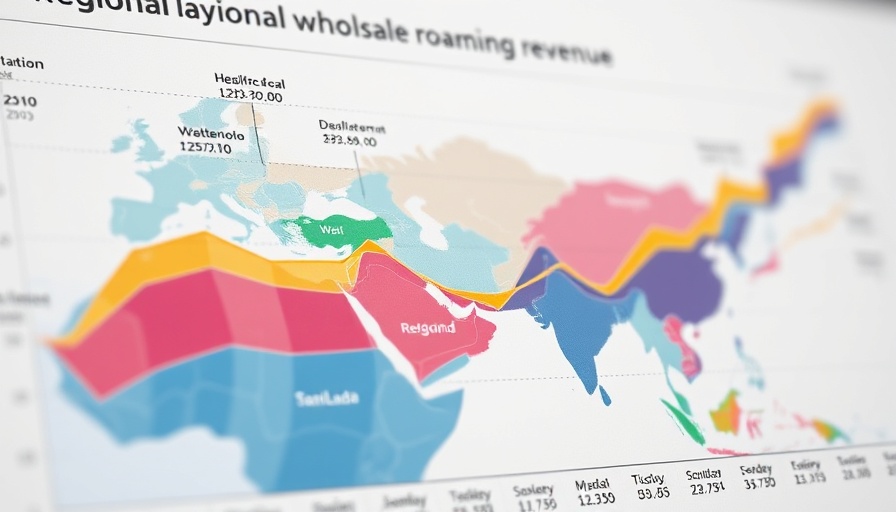
Introduction: Mobile Connectivity's Game Change in 2025
As we look ahead to 2025, it's clear that mobile connectivity is on the cusp of a transformative leap. With rapid advancements in technology, our experience with mobile communication and internet access will fundamentally change, impacting professionals, business owners, and marketers alike.
The Rise of 5G and Beyond
One of the most significant drivers of this change will be the widespread rollout of 5G technology. This upgraded mobile network will offer blazing fast speeds, reduced latency, and an unprecedented ability to connect more devices simultaneously. It's not just about faster downloads; it's about enabling new applications such as augmented reality, virtual reality, and the Internet of Things (IoT) in ways we never imagined before.
Shaping the Future: How Mobile Marketing Will Evolve
With these technological advancements, it's imperative for marketing strategies to evolve as well. Expect to see a rise in mobile marketing strategies that leverage AI to personalize user experiences. Brands will increasingly utilize data-driven techniques to optimize customer engagement and conversion rates through mobile channels, from ads to social media campaigns.
Future Trends in Digital Marketing
The convergence of mobile, social media, and e-commerce will further amplify trends like voice search optimization and visual search capabilities. Business owners should prepare for an era where user-generated content and video marketing become pivotal in engaging audiences. Integration of chatbots and automation tools will also streamline customer relations, saving time and enhancing satisfaction.
Counterarguments: The Challenges Ahead
Despite these promising trends, there are challenges that may hinder the full realization of these opportunities. Issues such as data privacy, algorithm changes, and the digital divide must be addressed. Experts argue that as technology advances, so too must our approaches to ethical marketing and consumer protection.
Implications for SEO and Online Advertising
In 2025, search engine algorithms will prioritize mobile-friendly content and user experience optimization. Therefore, brands must ensure ADA compliance and improve website performance on mobile devices. Those who harness these shifts stand to benefit from enhanced visibility and improved customer reach.
Looking Ahead: What Can Businesses Do Now?
To capitalize on the changes coming in 2025, businesses can start by integrating mobile-first strategies into their marketing plans today. Investing in digital marketing tools and training employees on emerging technologies will be crucial for staying ahead. Exploring advanced analytics for tracking consumer behavior will also give marketers the edge in refining their approaches.
Conclusion: Why 2025 Matters
As we approach 2025, the question isn't whether mobile connectivity will evolve, but how well we can adapt and leverage its potential. The interplay between technology and marketing is about to become more complex and rewarding. Prepare now by embracing change and innovating your digital marketing strategies!
 Add Row
Add Row  Add
Add 




Write A Comment